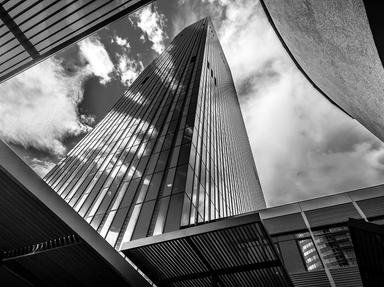Quiz Answer Key and Fun Facts
1. Mohandas Gandhi led a terrorist campaign to ensure that a Hindu dominated India would control the Sub-Continent after the departure of the British Raj.
2. In 1947 British India was partitioned into two independent republics. A long campaign by ________________ ensured that Pakistan was one of these
3. This leader was swept to power and became the first Prime Minister and President of the newly independent country of Bangladesh.
4. As the 'Wind of Change' swept through Africa in the post World War II years, who led Kenya to independence?
5. Ataturk is revered in modern day Turkey as the 'Father of the Nation'. What was his real name?
6. A revolutionary with the unlikely name of Bernardo O'Higgins was the founding father and first leader of which of these countries?
7. After forcing the withdrawal of the occupying German Forces ahead of the advancing Red Army, Josip Broz 'Tito' became the undisputed leader of Yugoslavia. What was the name given to Tito's guerrilla fighters?
8. This King has been revered by his people as the living embodiment of this Buddhist nation.
9. After the Revolutionary War a grateful American Congress bestowed the title 'Father of the Nation' on George Washington and appointed him President for Life.
10. The transformation of Russia into a modern European power was due to which of these visionary leaders:
Source: Author
mstanaway
This quiz was reviewed by FunTrivia editor
Exit10 before going online.
Any errors found in FunTrivia content are routinely corrected through our feedback system.
